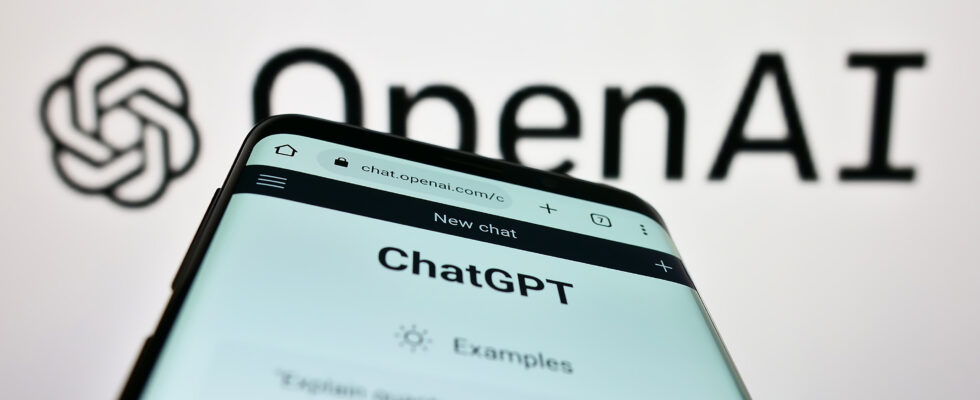The war between the New York Times and OpenAI continues. And this time, it is the turn of Sam Altman’s firm to indict its opponent.
The New York Times was one of the first newspapers to raise the alarm about the mass use of newspaper articles by OpenAI to power ChatGPT. Since this summer, relations between the New York institution and OpenAI have become execrable, to the point that access to the journal data was blocked for ChatGPT, then, a few months later, that legal action was taken. was brought by the American newspaper against OpenAI. And today, this latest counterattack.
The New York Times reportedly hired someone to “hack” ChatGPT
Let it be said, the New York Times’ complaint against OpenAI is unfounded. And the reason is simple, according to a motion filed in a Manhattan federal court by Sam Altman’s company. “ The truth, which will be revealed during this affair, is that the Times paid someone to hack OpenAI’s products » is indicated in the legal document.
For the company behind ChatGPT, the New York Times has reportedly hired someone particularly versed in AI technology. This would then have developed “ misleading prompts that blatantly violate OpenAI’s terms of service » to get a regurgitation of New York Times articles from ChatGPT.
The term hack is controversial
A fairly original defense, which the advice of the New York newspaper does not seem to take seriously. “ What OpenAI bizarrely mislabels as “hacking” is simply using OpenAI’s products to search for evidence that they have stolen and reproduced the Times’ copyrighted work » explains lawyer Ian Crosby.
Many people and entities have, in 2023, announced their intention to sue OpenAI for copyright infringement. For these, the company would have unduly used their work in order to power ChatGPT, and allow it to reach the level of efficiency that we currently know. The problem became such that OpenAI began contacting publishers at the beginning of the year to legally obtain the right to use their work, in return for money.
Source : Reuters

8